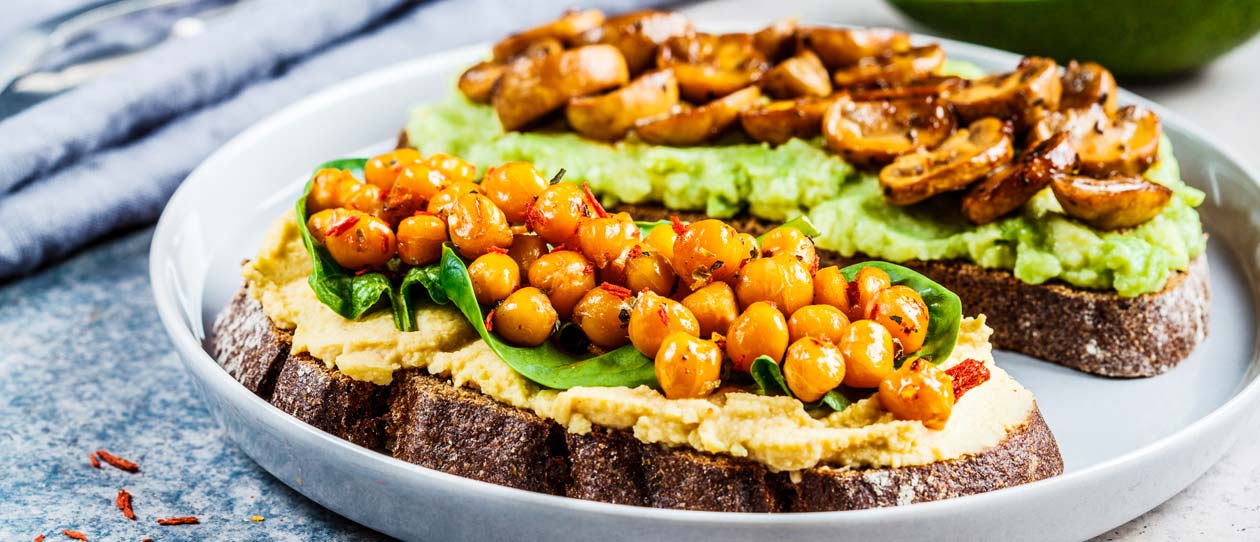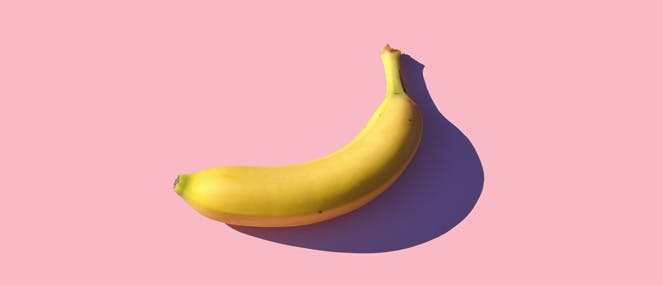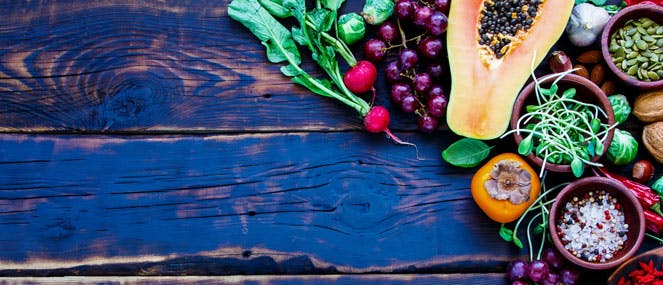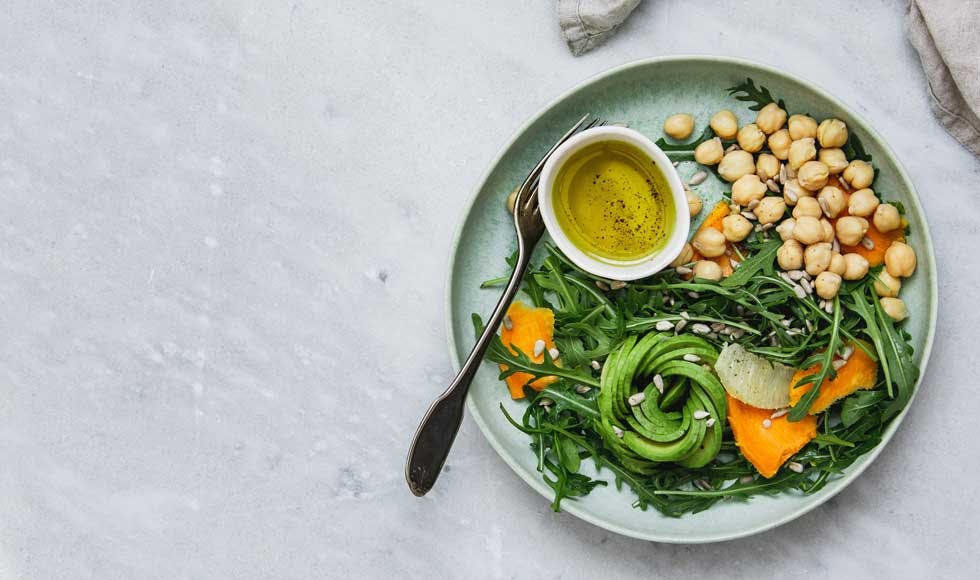Zinc deficiency and the symptoms
Zinc is an essential
mineral that plays a key role in health and wellbeing. However,
the diets of one in three Australian men and one in 10 women don’t contain adequate amounts of it.
Not eating enough zinc increases the risk of deficiency because your body doesn’t store it efficiently. It’s a fact that makes it important to consume zinc containing foods every day.
Signs of a mild zinc deficiency include low, or slow-functioning immunity, and you might also notice that you can’t detect flavours as well as usual.
Zinc-rich foods
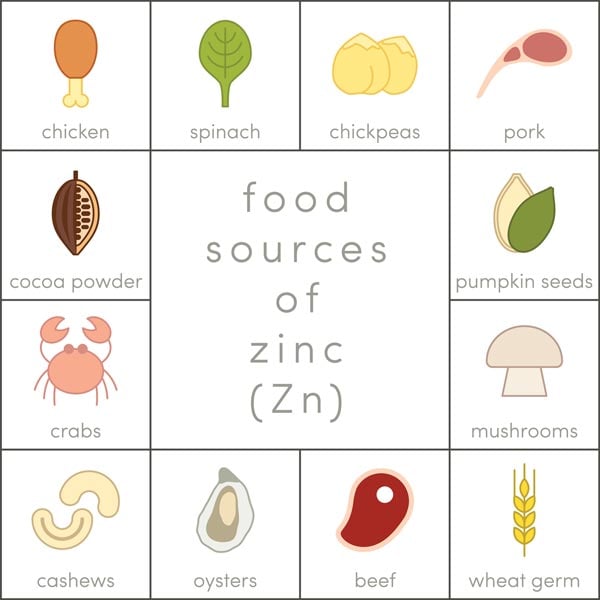
The main sources of zinc in the Australian diet are meat, cereals and dairy foods. Other foods, including legumes, seafood and certain types of nuts and seeds are also good sources.
However, the amount of zinc absorbed from vegetables, legumes and wholegrains tends to be lower than that from meat and dairy products.
Zinc content in common food items
Food |
Zinc content |
| Oysters (6 medium) |
76 mg |
| Beef (85g, cooked) |
8.9 mg |
| Crab (85g, cooked) |
6.5 mg |
| Sun-dried tomatoes (30g) |
4 mg |
| Pork (85g, cooked) |
2.9 mg |
| Chicken, dark meat (85g, cooked) |
2.4 mg
|
| Pumpkin seeds (30g) |
2.25 mg |
| Zinc-fortified breakfast cereals (100g) |
1.9-7.8 mg |
| Sunflower seeds (30g) |
1.75 mg |
| Yoghurt (220g) |
1.7 mg |
| Chickpeas (1/2 cup, cooked) |
1.3 mg |
| Milk (1 cup) |
1 mg |
The benefits of zinc
One of the minerals main roles is
supporting a healthy immune system. It also plays a key role in wound healing, thanks to the way it helps to build and maintain the strength of membranes in the skin. Zinc also plays an essential role in male reproductive health and in the production of healthy sperm.
What happens when my levels are low?
One of the main things you may notice is that you’re more susceptible than usual to infections and viruses. Any cuts, sores or wounds that you experience may take longer e to heal. Interestingly, you can even experience these symptoms when your blood levels of zinc are officially still within the ‘normal’ or ‘adequate’ range.
How much zinc do you need?
Age |
Recommended Daily Intake (RDI) |
| 1 to 3 years |
3 mg/day |
| 4 to 8 years |
4 mg/day |
Boys
9 to 13 years
14 to 18 years |
6 mg/day
13 mg/day |
Girls
9 to 13 years
14 to 18 years |
6 mg/day
7 mg/day |
| Men - 19+ years |
14 mg/day |
| Women - 19+ years |
8 mg/day |
The amount of zinc you need each day varies by age and gender.
From one to three, 3 mg is the RDI per day, increasing to 4 mg from four to eight years of age. This increases again to 6 mg from nine to 13 years old, then 7 to 13 mg per day by 14 through adulthood.
By adulthood, the RDI for men is 14 mg per day mg. Women require 8 mg – except during pregnancy when it rises to 11 mg.
In general the body is able to absorb for zinc from animal proteins than plant-based proteins. As a result, vegetarians may need to consume as much as 50 per cent more than the recommended amount of zinc every day in order to maintain healthy levels.


